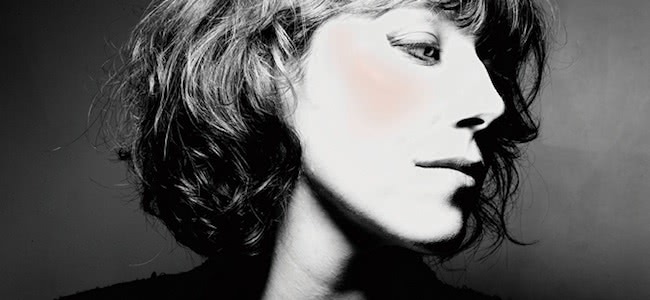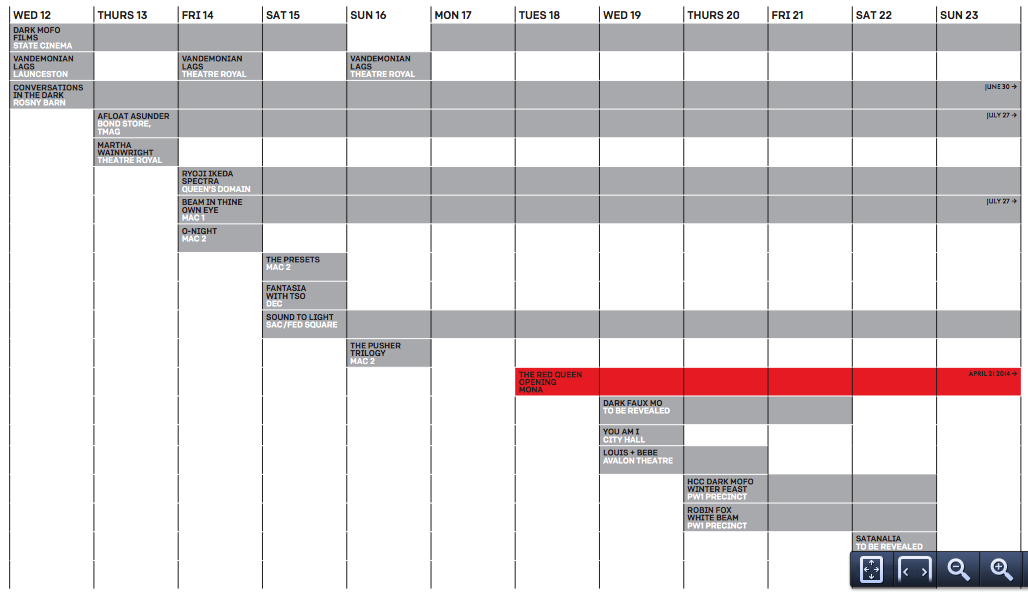“I don’t think I’m hugely influenced a lot of the time,” Martha Wainwright says from her home in Brooklyn, moments before disagreeing with herself. “I think that’s a lie,” she continues, on the topic of what influences her as a songwriter.
“Your ear when you’re a young adult and a teenager is so open to be moved and influenced. I think that that sort of fades a little as you get older and you find through trying things, and trying to sound like other people, you find your own style.”
She concedes that she doesn’t listen to a lot of contemporary music, but can she listen to her own records and enjoy them in – any sense of the word – objectively? “Sometimes [I put music on] late at night when I have too many drinks,” she confesses, through the crackling of laughter. “When I put on my own album that’s when everyone should go home.”
Wainwright takes time with her answers, pausing to choose the appropriate words or phrases. She has an almost monotone voice, which rises during moments of laughter. And she laughs a lot throughout the conversation, sometimes in a self-deprecating way.
None of this comes as much of a surprise, after all Wainwright has made three studio records which delve deep into her own emotions and lay bare her relationships, with both her family and partners, in such a manner that it sometimes feels like the audience is eavesdropping on private moments.
On top of an emotionally confrontational style of songwriting, she possesses a unique vocal delivery, which stretches the limits of her range and what is typically heard in popular music. “Sometimes late at night when I have too many drinks… When I put on my own album that’s when everyone should go home.”
Wainwright’s style is specific, not only to the music industry in general, but to her family as well. After all the elephant in the room – or, more appropriately, the elephant down the phone line – is two generations of Canadian music royalty; from aunty Anna and her late mother Kate McGarrigle, to father Loudon, and brother Rufus.
“I think people really get a kick out of it, and I do too!” she giggles (again), on the topic of her family. “I get a kick out of singing with my family and it’s very natural for me – it’s normal.”
“To be honest I think people are interested in that story, and that concept, because it’s not that common in the music industry,” she continues. “I think people like to see me on stage with my brother and when I used to be onstage with my mother. That’s really hard that that’s gone. But I think people like to see that. I think it makes them feel good. I think it makes them think about their own family.”
But coming from such a rich musical family, surely Martha sought a style that would distinguish herself, to rebel? “That was necessary to do in a household of very gregarious people who are attention seeking, you had to have something that made you a little bit different or that was specific to yourself,” she divulges.
“When I first started writing songs I was trying to get a lot of attention and some of them were subversive, they were very personal, they’re kind of [trying] to push the envelope,” she reflects. “In a way, once I had started, there was already a style there.
“In my case I don’t really work that much outside of my life for material [but] that’s a style thing too. My writing thing was to write about my family, or my feelings which [has] come back to bite me in the ass a few times.”
Her latest record, 2012’s Come Home To Mama, is remarkably poignant and intimate; it was written in a chaotic transitional period of her life. Wainwright became a mother for the first time. Her son Arcangelo was born two months premature only a few months before her own mother passed away. “When I first started writing songs I was trying to get a lot of attention and some of them were subversive, they were very personal, they’re kind of [trying] to push the envelope.”
For her latest record, she wanted to honour Kate with a cover; the result was the devastatingly beautiful ‘Proserpina’, the last song her mother ever wrote, with the affecting refrain giving the album it’s namesake: ‘Proserpina/Proserpina/come home to mama/come home to mama now’.
“I recorded it quite soon after she died,” Wainwright reveals, before pausing. “I recorded it because I didn’t want anyone else to record it. I wanted to connect more with her, by doing it and try and conjure her more and I sing it like her, in the sense that I sound like her, I wanted to connect to her which is why I recorded it. Then I sort of forgot about it,” another beat comes down the line.
“I knew that I wanted to do a Kate song [on the record] but I didn’t know which one. Then I just remembered [‘Proserpina’] ‘cause it’s about life and death, and it’s the last song that she wrote and its an unknown song, it’s never been recorded. It just seemed perfect.”
Wainwright will be sharing material from her latest record in a series of Australian performances in June, including Tasmania’s inaugural Dark MOFO festival presented by the Museum of Old and New Art (MONA).
For an artist who so candidly offers her emotions to her audience, there arises the question of whether the artist needs to be performing in the same mind space she was when she wrote. “They’re more detached from the sort of naval gazing element that happens when you’re writing a song, when you’re reaching down into your – in my case – quite personal feelings,” she offers.
“The more specifically personal, the more people kind of identify with it. So when you start to perform them on stage, and with an audience, you are telling your story but you’re trying to connect your story to their story, and have them be able to identify with some of the expressions and the poetry.
“In-between songs I like to make little jokes,” she laughs. “To sort of break up that kind of… I don’t want it to be a downer. It’s just – in life there are shades of darkness, shades of lightness, its nice to be able to see all of those fully in an evening of music.”
Come Home To Mama is out now through V2 Records. Martha Wainwright begins her headline Australian tour on May 31st and plays the inaugural Dark MOFO Festival, running from June 13th – 26th in Hobart. Dates and details below.
Martha Wainwright 2013 Australian Tour
Friday 31 May
The Tivoli, Brisbane
Saturday 1st June
Byron Theatre, Byron Bay, NSW
Sunday 2nd June
Byron Theatre, Byron Bay
Thursday 6 June
Sydney Opera House, Sydney
Saturday 8 June
Lizottes, Newcastle
Sunday 9 June
Lizottes, Newcastle
Thursday 13th June
Dark Mofo – Theatre Royal, Hobart
Friday 14 June
Recital Centre, Melbourne
Saturday 15 June
Recital Centre, Melbourne
Sunday 16 June
Memorial Hall Leongatha, Gippsland
Saturday 22 June
Astor Theatre, Perth
Visit gaynorcrawford.com for more details.
DARK MOFO 2013 Event Details
June 13th-26th
The festival takes place at various festivals around Hobart.
Presale starts Monday April 22 at 10am, tickets on sale Tuesday April 23 at 10am
http://www.darkmofo.net.au/


































